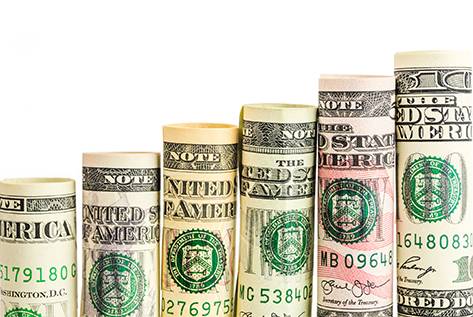The US dollar rose against most major currencies during Tuesday’s trading, while the Japanese yen fell to a six-day low following the election of hardline conservative Sanae Takaichi as Japan’s first female prime minister. Traders are betting that her government could bring policy uncertainty and increased fiscal spending.
Takaichi, leader of the ruling Liberal Democratic Party, won Tuesday’s parliamentary vote to select the new prime minister — a development widely anticipated by investors after she secured support from the right-wing opposition party Ishin.
The yen fell 0.25% to ¥151.35 per dollar after touching ¥151.61, its weakest level since October 15. The currency also declined against both the euro and the British pound.
Hirofumi Suzuki, Chief FX Strategist at SMBC, said, “A fiscal stimulus package is expected, but it will likely be modest due to the difficulty of policy coordination.”
He added, “A sharp yen decline will probably be avoided, though mild downward pressure on the currency is likely to persist.”
Earlier on Tuesday, local media reported that Takaichi finalized plans to appoint former Regional Revitalization Minister Satsuki Katayama as finance minister.
In a Reuters interview last March, Katayama expressed a preference for a stronger yen — a stance that could prompt markets to reconsider further yen depreciation.
Still, Takaichi’s support for fiscal stimulus and monetary easing leaves investors cautious and complicates the Bank of Japan’s path toward rate hikes.
Frederic Neumann, Chief Asia Economist at HSBC, said, “From a political perspective, there may be a case to delay monetary tightening until the impact of fiscal easing becomes visible. This places the Bank of Japan in a very challenging position.”
Dollar Strengthened by Weak Yen and Improved Global Sentiment
Across broader markets, currencies traded within narrow ranges despite a generally upbeat mood after comments from US President Donald Trump on Monday, in which he said he expects to reach a trade deal with Chinese President Xi Jinping.
White House economic adviser Kevin Hassett also said the partial US government shutdown — now in its 20th day — is likely to end this week.
Concerns over credit risks in US regional banks eased slightly, helping to support risk sentiment.
The US Dollar Index, which measures the greenback’s performance against a basket of six major currencies, climbed to a six-day high, supported by yen weakness, rising 0.2% to 98.787.
Meanwhile, the euro slipped 0.15% against the dollar to $1.1623, gaining little from easing political uncertainty in France.


